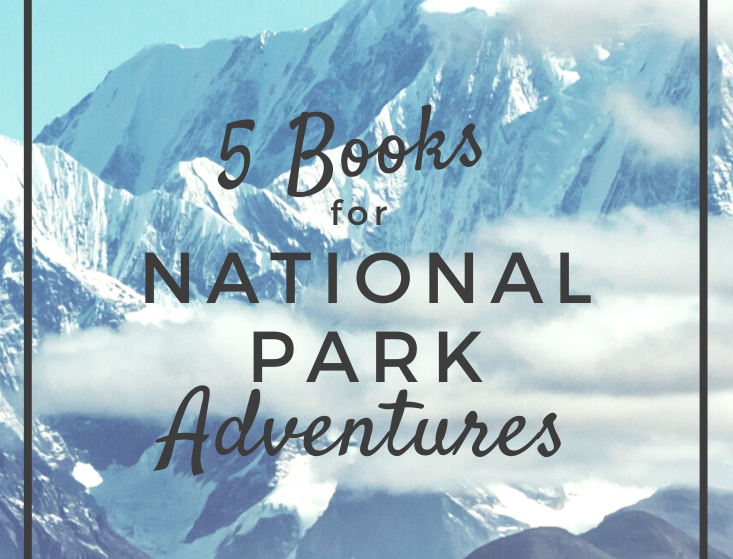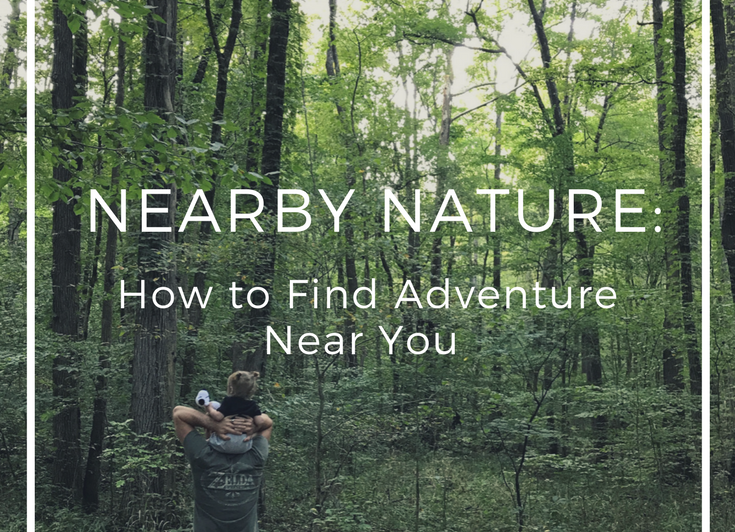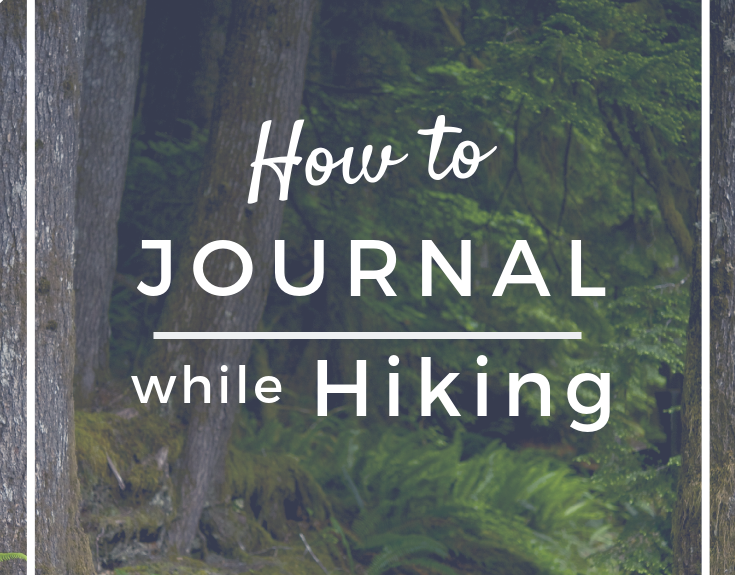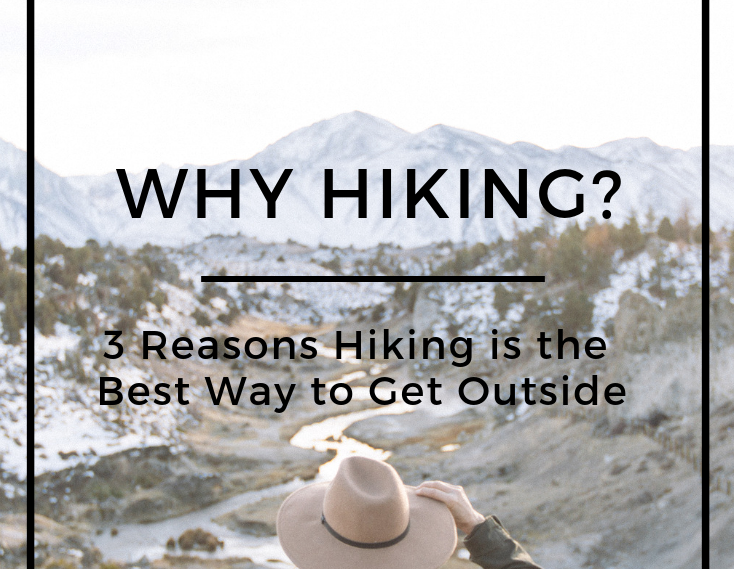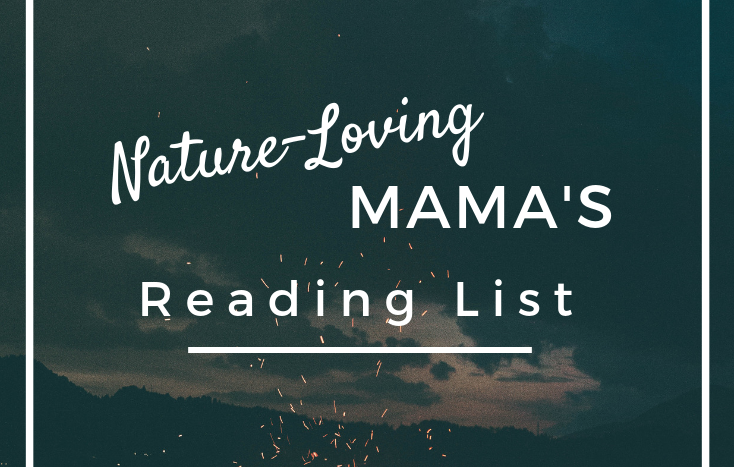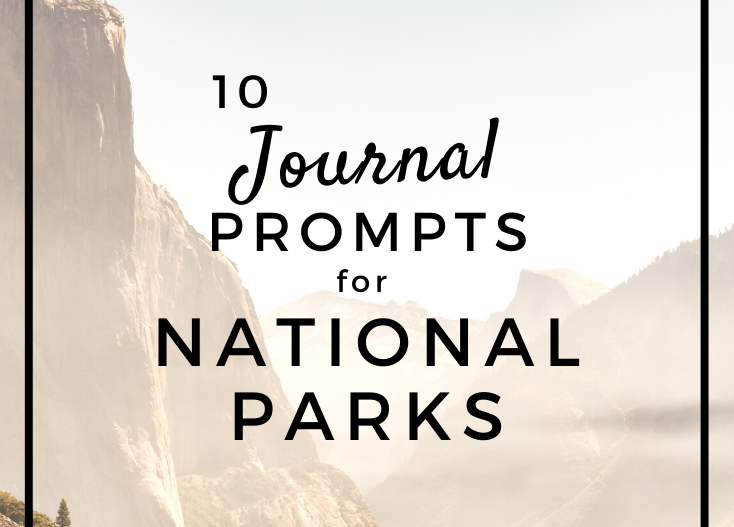I’ve recently come face to face with something about myself that I didn’t want to be true: I am not the experienced outdoorswoman I thought I was. Sure, I’ve got a decent number of stamps in my National Parks passport, I’ve tackled - and conquered - some iconic trails (such as Angels Landing, in Zion National Park), I love camping, and I’m drawn to the difficult and primitive trails when I come across them. If I could do anything for a living, it would be to explore wild places full-time; spending my days hiking, camping, writing, and making art far away from civilization sounds like perfection to me.
But I’m not an expert. I’m nowhere near as experienced as I thought I was. And I have a lot to learn.
It wasn’t some big camping fiasco or hiking disaster that brought this to my attention; it was a book. It was while reading Ruby McConnell’s A Woman's Guide to the Wild, that I realized my relative lack of knowledge and experience in the outdoors. I had picked up the book thinking that I would probably already know at least half of the information in it, especially in regards to basic outdoors skills. After all, my dad and older brother are both Eagle Scouts, so I absorbed a lot of outdoorsy knowledge by osmosis growing up. I can pitch a tent, start a fire, and navigate with a map and compass. I've picked up a small array of survival skills, and I've read several outdoors and survival handbooks.
Sure, I knew some good stuff, but there’s a big difference between head knowledge and true experience. And I just don’t have that kind of experience. Ruby writes in the book about her decades of experience with all sorts of outdoor sports, in all kinds of environments and conditions. The more I read, the more I realized how my own background paled in comparison. I didn’t even have as much head knowledge about the outdoors as I thought I did.
My first thought once I finally recognized that I’m actually an amateur: How the heck can I run a brand and write a blog about the outdoors when I don’t even know that much, myself? I was pretty down about it for a while, until I realized that we all start somewhere. I’m not a complete newbie at this outdoors stuff. I do have some experience and insight. And that’s still worth sharing.
The only way to get better at something is to do it. So I’m going to get outside and hike and camp, and maybe even go backpacking someday. I’m going to keep reading and re-reading great books like A Woman's Guide to the Wild (I really do recommend it, whether you’ve never hiked in your life or you’ve already conquered the Pacific Crest Trail, you’ll learn a lot!) and Richard Louv's Vitamin N: The Essential Guide to the Nature-Rich Life. I’m going to continue forward in this journey towards being a true adventurer, and maybe eventually get to be called a real outdoors expert.
And I hope you’ll join me.
In fact, I have some ideas on how to become a better adventurer, no matter what skill level you’re starting at:
5 Ways to Become a Better Adventurer
Get outside as often as possible.
You don’t have to go for a 10 mile hike every weekend, but a little bit of time outside, as often as you can, will make a huge difference! I’m personally committing to at least 20 minutes a day, rain or shine, even if it’s just a walk around my neighborhood.Surround yourself with the outdoors.
Figuratively, that is. Decorate your home or office with outdoorsy and nature-inspired pieces. Read good outdoorsy books, both fiction and nonfiction, adventure stories and adventure skills.Join an outdoors organization.
There are general outdoors organizations such as the Sierra Club, and more focused organizations such as Hike It Baby for families wanting to tackle trails with their kids, and Trail Mavens for women’s guided camping and backpacking adventures. (McConnell includes a great list of organizations and groups in the back of her book.)Take an outdoors skills class.
Check your local Conservation Department, state parks, and even gear stores such as REI for classes at all skill levels and for all sorts of outdoor activities.Plan an adventure that pushes you out of your comfort zone.
Maybe for you, that means hiking a trail that’s a few miles longer than you’ve hiked before, or in weather or terrain you’ve never tackled. For me, it means taking my baby girl on a hike longer than two hours (I’ve hiked much longer than that, but not with her along for the ride!). Do your research and prepare wisely, then go do it!
What are you going to do to grow your adventure skills? How do you plan to get outdoors more this year? Share it in the comments!
This article contains affiliate links. That means that if you purchase something through my link, I'll receive a small commission, at no extra cost to you. Your support helps me keep the Dear Summit Blog going!
Get adventure stories and tips delivered straight into your inbox by joining the my Outsiders email list!


